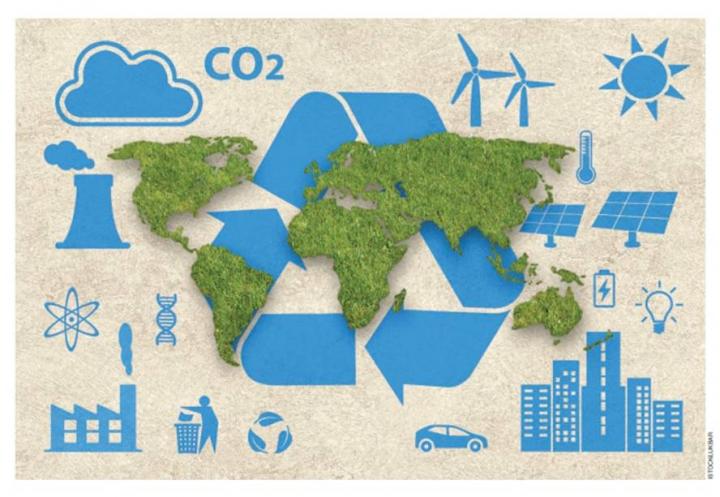In a study conducted by 3 engineers, Josep Maria Basart (UAB), Mireia Farrús (UPF) and Montse Serra (UOC) presented in an article published in September in the journal IEEE Technology and Society Magazine

Credit: UPF
One defining feature of the beginning of the twenty-first century is the growing acceptance that our world (environment, economy, politics and culture) is highly diverse but strongly interrelated and interdependent. Being a responsible professional involves taking into account that professional practice contributes to society, in addition to considering the effects that attitudes and actions have on the profession.
Three engineers consider today’s meaning of engineering and what responsibility lies with engineering in the sustainable development of modern society. Josep Maria Basart, a professor of the Department of Information and Communications Engineering (UAB); Mireia Farrús, a member of the Department of Information and Communication Technologies (DTIC) at UPF, and Montse Serra, a member of the Faculty of Computer Science, Multimedia and Telecommunications (UOC), examine this in an article published in September in the journal IEEE and Society Technology Magazine.
The authors point out that today, a professional engineer must be aware that their profession involves two dimensions: a technical one, to become a competent professional (knowledge and skills), and a social one, to become a committed professional (values, goals and principles). Thus, the social dimension emphasizes the value of service that engineering provides to society and the engineer becomes aware that their work contributes to an open social enterprise, rather than merely a way of earning a living or becoming successful.
Seventy-five milestones for sustainable development
The article echoes the 2030 Sustainable Development Agenda published by the United Nations on 25 September 2015, and indicates that the Agency establishes seventy-five sustainable development goals, many of which involve engineering work and projects related to crucial issues for society in terms of health, energy, water, economic growth, responsible production, employment, etc. Now, the question is: What are the priorities that must be considered by competent and committed professional engineers to adapt to these global challenges?
Inspired by the UN agenda, in addition to the capabilities inherent in the engineering profession, the authors of the study formulate some new capabilities that engineers should have who are “aware” of the social relevance their profession implies.
Engineers of the 21st century must have a broad understanding of the techno-scientific and socioeconomic context in which they work; since resources are finite, they must be able to work optimizing them; they must be capable of guiding themselves in complex environments: “Unexpected problems may arise when a technological product or system is transferred to an environment for which it was not designed”, the authors note; they must be aware of their social and environmental responsibility, among other things.
Engineering remains a predominantly male profession
Finally, with regard to the issue of gender, “in the profession, masculine characteristics: results-oriented procedures, hierarchical relations, strength, competition, etc. impose themselves on femininity: interpersonal relationships, support, collaboration etc., and the result of this bias diminishes the possibilities of engineering”, the authors suggest.
Sustainable engineering will require conscious engineers working in conscious organizations. Therefore, the ideal engineer can be conceived as being an engineer capable of integrating the best of their professional tradition with the professional demands of the changing and uncertain present, the study concludes.
###
Media Contact
UPF
[email protected]
Original Source
https:/
Related Journal Article
http://dx.




